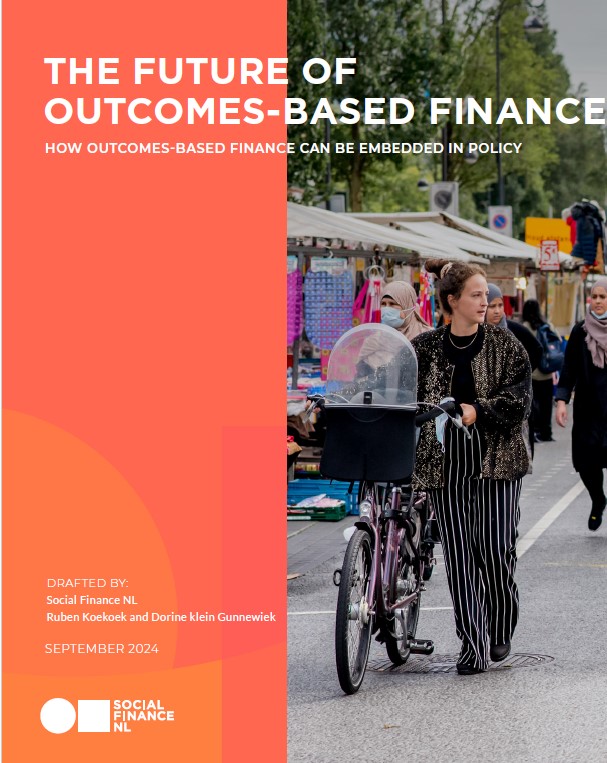Governments are faced with a wide range of societal challenges, such as housing, healthcare, education, security, and climate. For these and many other topics, policies are developed, and budgets are set to determine how resources are allocated.
The most common method of financing within the government is paying for the services provided, regardless of the results achieved. However, if parties are paid for their services instead of their outcomes, there is a risk that the target group may not be optimally served. And that is unfortunate because resources are scarce and can only be spent once.
Outcome-based financing offers a solution to these challenges by linking funding to outcomes rather than the efforts of the executing party. Although this instrument offers many opportunities for more effective collaboration and financing, ten years after its introduction in the Netherlands, outcome-based financing is still a niche instrument within the government. Why is this the case? How does it compare to other countries? And where are the opportunities to deploy this instrument more impactfully?
In this report, we look back at ten years of outcome-based financing in the Netherlands, with a focus on Social Impact Bonds (SIBs), and explore best practices in other countries. From this, we draw conclusions on whether and how outcome-based financing should be embedded in policy.






